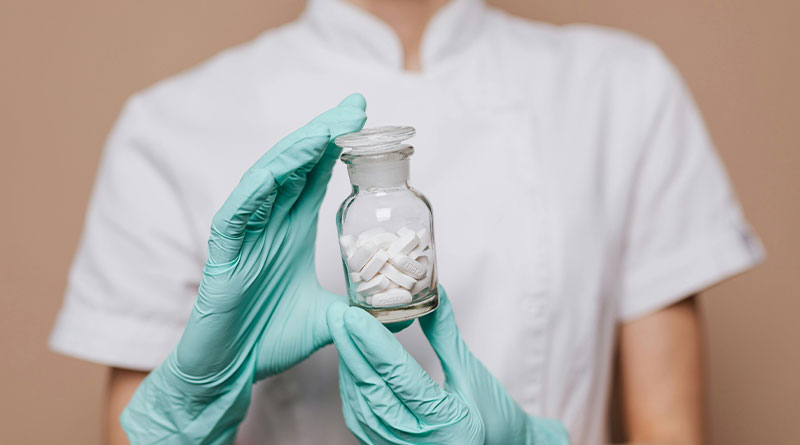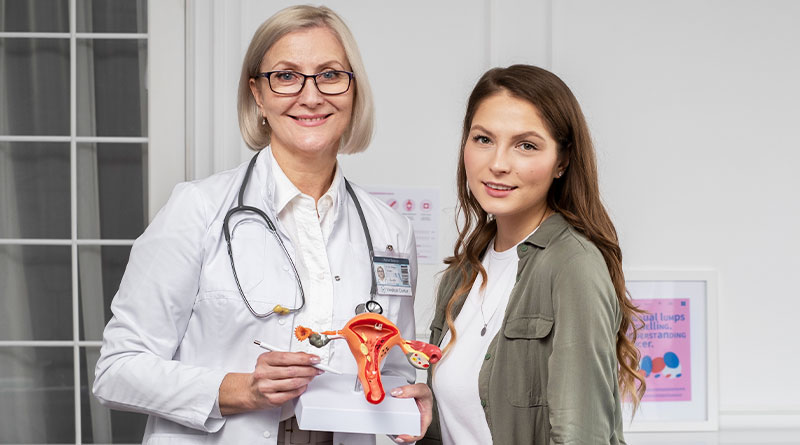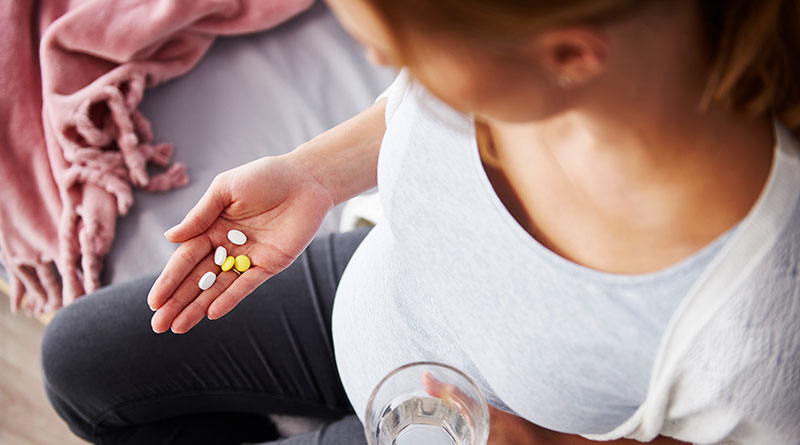Sexual enhancement drugs for women have garnered attention and discussion in recent years. As men’s sexual health drugs grow more popular, more women are seeking them. However, doctors and non-doctors disagree on these medications’ efficacy.
To determine how effective these drugs are for women, it will examine scientific facts, adverse effects, and society’s perception.
Some Of The Main Reasons Women Utilise These Drugs
Many factors might affect a woman’s sexual health, and some medications can help. We’ll examine two key reasons women consume these drugs:
- Increased Libido
Hormonal imbalances, concern, weariness, strained relationships, and physical issues might make libido control difficult for certain women. These things can lower women’s sexual drive; thus, some turn to pharmaceuticals. Sexual enhancement drugs that boost libido can repair hormonal imbalances or boost sexual urges.
These medicines can boost mood and increase sexual desire in women who aren’t sexually active. These medications rebalance hormones or target sexual desire neurotransmitters to help women restore sexual confidence and pleasure.
- Arousal issues:
Some women struggle with sexual desire, making physical intimacy with their partners difficult. Less genital blood flow or awareness can worsen these issues. Medicines that boost genital blood flow and awareness can aid with arousal.
These medications increase blood flow to the vaginal area, making it more sensitive and receptive. Sexual stimulation is more effective and pleasant. If women have sexual issues, this can stimulate them and improve their experience.
- Sexual issues:
Many women struggle to reach climax or feel pleasure during sexual engagement. Many brain and body chemicals work together to produce sexual pleasure and orgasm. Dopamine, oxytocin, and serotonin make us happy and excited. Problems with these neurochemical systems might make sexual enjoyment difficult for women.
Dealing with this issue often requires multiple approaches. Stress, worry, and past trauma might hinder orgasms. Counselling or sex therapy can help people address these deeper issues.
- Menopause signs:
Menopause and its prelude can induce major body changes that can impact women’s fertility. Oestrogen declines can induce vaginal dryness and decreased wetness when sexually active. You may feel hurt and less sexually attracted after these changes.
However, certain treatments can alleviate these symptoms and improve sexual performance. Hormone replacement therapy (HRT) regulates hormones and reduces vaginal dryness, improving sexual pleasure. OTC moisturisers and lubricants alleviate vaginal dryness and boost sexual enjoyment.
- Relationship happiness:
Some women take medicines to boost their sexual health and strengthen their relationships. Fixing sexual issues can improve relationships and bring individuals closer.
- Wonder and exploration:
Some women may be interested in sexual enhancement drugs and how they influence their sexual experiences. They may desire to explore their sexuality, try something new, or address sexual health issues.
Many motives exist for women to utilise sexual enhancement medicines. They mostly do it to improve their sexual lives, solve difficulties, and improve their health and relationships. Women should consult doctors for the best and most effective therapies.
Various Sexual Enhancement Medicines
Women can improve their sexual health with several medications. Each influences a separate sexual function. People take these medicines to improve their sexual performance:
- Hormone treatments:
These medications treat hormonal issues that may prevent women from having sexual relations. They may use testosterone and oestrogen to manage their genitalia. To treat vaginal dryness, mood swings, and reduced libido, menopausal women commonly use hormone therapy.
- PDE5-blocking drugs:
To see if PDE5 inhibitors like Viagra can help women take bed ED medications, researchers have looked into them. This medicine increases vaginal blood flow, which may boost arousal and orgasm. However, their efficacy on women is unclear, and many countries don’t allow them to address sexual issues.
- Hormone-free treatment:
Hormone-free medications can make women more appealing. Instead, they work on neurotransmitters that control sexual desire and pleasure. These medicines may be antidepressants. These medicines may make some women more sexually attractive by altering brain serotonin and dopamine levels. Non-hormonal therapies can include sexual area skin lotions or gels that increase arousal.
- Plant supplements:
Sellers promote plant-based remedies to improve women’s sex life organically. Ginseng, maca root, ginkgo biloba, and damiana may increase sexual blood flow.
- Testosterone treatment:
The “male hormone,” testosterone, can influence how women make love. For low-testosterone women, testosterone therapy may enhance libido and sexual satisfaction. Doctors recommend patches, gels, or injections for low testosterone in women.
A woman who wishes to improve her sexual health with medicines should consult a doctor or nurse to determine the appropriate treatment for her needs, medical history, and other health issues.
Female Sexual Health Drugs: How Well Do They Work?
Sexual enhancement drugs for women may not work. It depends on the substance, how people react, and the cause of sexual issues. Some women may have major sexual changes after using these medicines, while others may not.
Proof from science
Women have less scientific evidence that sexual enhancement drugs work than males. Small sample sizes, standardised outcome measures, and placebo effects plague clinical trials of these drugs.
Similarly, PDE5 medication research for female sexual difficulties has generated mixed results. Arousal and orgasmic function improve in some studies, but others show no difference compared to a placebo.
Stigma and Perception
How people feel about women’s sexuality and sexual enhancement, medicines might also affect their efficacy and use. Social conventions or guilt about sexuality may prevent women from seeking sexual health care.
Medical practitioners and the drug industry haven’t prioritised women’s sexual health as much as men’s. Women have fewer healing alternatives, studies, and learning opportunities about this issue.
Conclusion
Thus, sexual enhancement drugs for women are complicated and ever-changing. Some women may benefit from these drugs, but there is little scientific evidence. Women may fear getting sexual issues help due to what others believe and the side effects.
Sahil Sachdeva is the Founder of curemedoc.com and a Digital Marketing professional with years of experience. If you need help in Content writing and want to increase your website ranking, connect with him, as he has some premium websites where you can share blogs with DoFollow links and increase your website’s ranking on Google.





